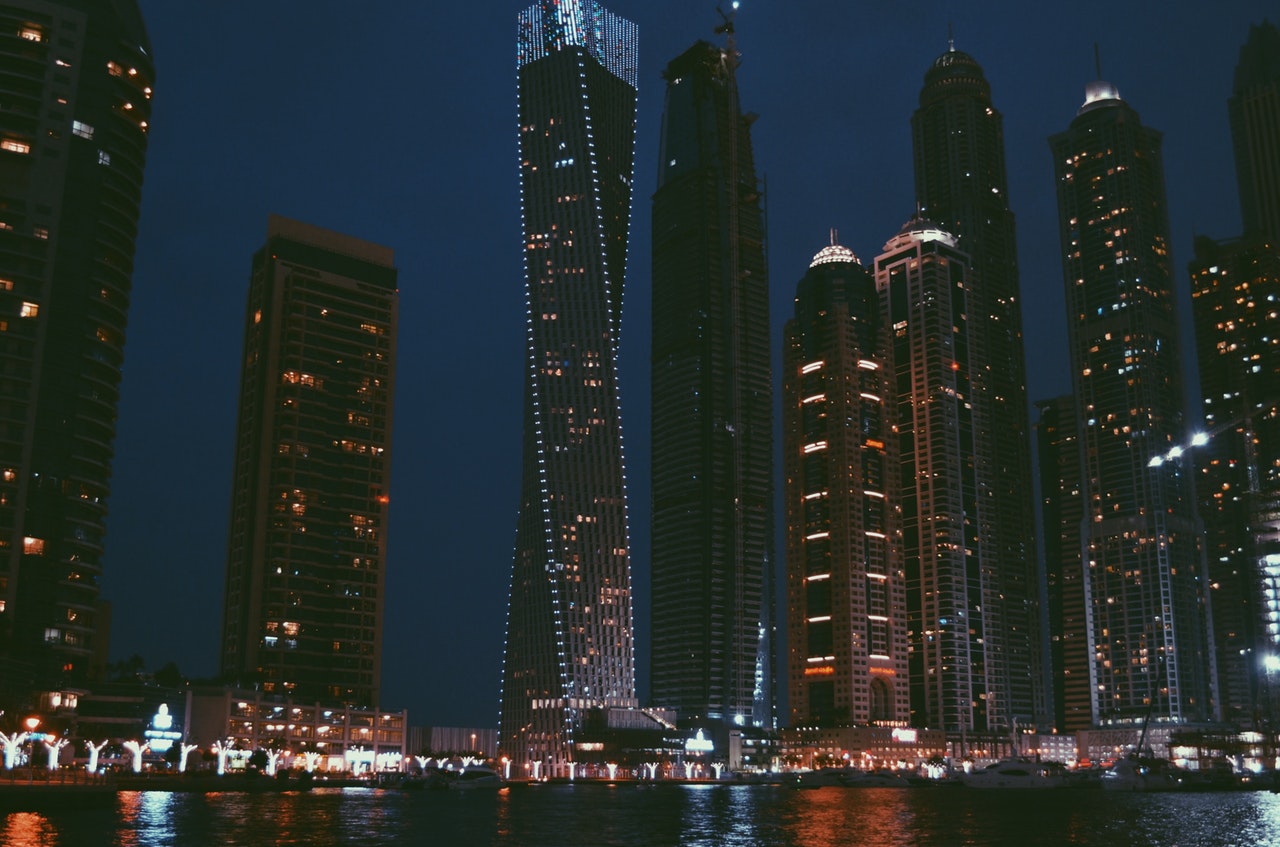It looks set to be a slow year for Dubai’s real estate market, according to expert analysts. Recently there has been a lot of noise in the industry about how it seems the market has finally reached the end of its down cycle.
Now, there appears to be a general consensus that prices are unlikely to fall any further. During Q1 2017, rents for villas and apartments barely changed. According to JLL, neither did sales prices, which clearly suggests the market is indeed at the bottom of its cycle.
Not if, but when
Due to Dubai’s slowing economy and its reliance on an uncertain global economy, it’s unlikely that any recovery will be seen before Q4 2017. But it’s definitely a case of not if the property market will recover, but when.
This is borne out by key residential areas lagging behind in performance, when compared to the property market as a whole. And a report by Core Savills warns against taking anything for granted for the residential market recover. It said: “While most market players are in consensus over the prices bottoming, a range of economic factors are resulting in contradictory indicators of recovery.”
Currency continues to fluctuate
Currency changes is a key factor holding back property investment from overseas. Explained David Godchaux, CEO of Core Savills: “We witnessed a year-on-year contraction in the total number of investors in Dubai last year. A strong US dollar continues to affect the traditional buyer nationalities such as Indians, British and Pakistanis, as their currencies have devalued significantly over the last year.”
However, analysts also think the market will ultimately benefit from attracting more overseas buyers. The residential market in Dubai is still a favourite for Indian investors in particular. So, although the overall market is slowing, the recent Dh12 billion worth of property investment from Indian investors suggests the sector’s potential to thrive in the future.
Residential development delivery
As developers are phasing delivery, the danger of oversupply is being sorted proactively. During Q1 2017, according to Cavendish Maxell, around 2,500 units were handed over. Almost 88 per cent of the completed units were apartments in popular areas such as Dubailand, Dubai Sports City and Dubai Silicon Oasis.
Core Savills estimates that just 15,000 more units will be delivered by the end of 2017, which represents just half of the number originally announced. However, this is a trend in Dubai, allowing developers to adjust supply and demand. While some of these projects have been delayed for external issues affecting the residential market, many are deliberately phased by developers.
Taking in all the relevant factors, it does seem likely that some recovery will be seen towards the end of 2017.
Samir Salya
Samir Salya is the Chairman of Reign Holdings and is involved in real estate and construction within the UAE and UK. Samir holds over 20 years of experience in executive management, business expansion, performance improvement, sales and marketing.

